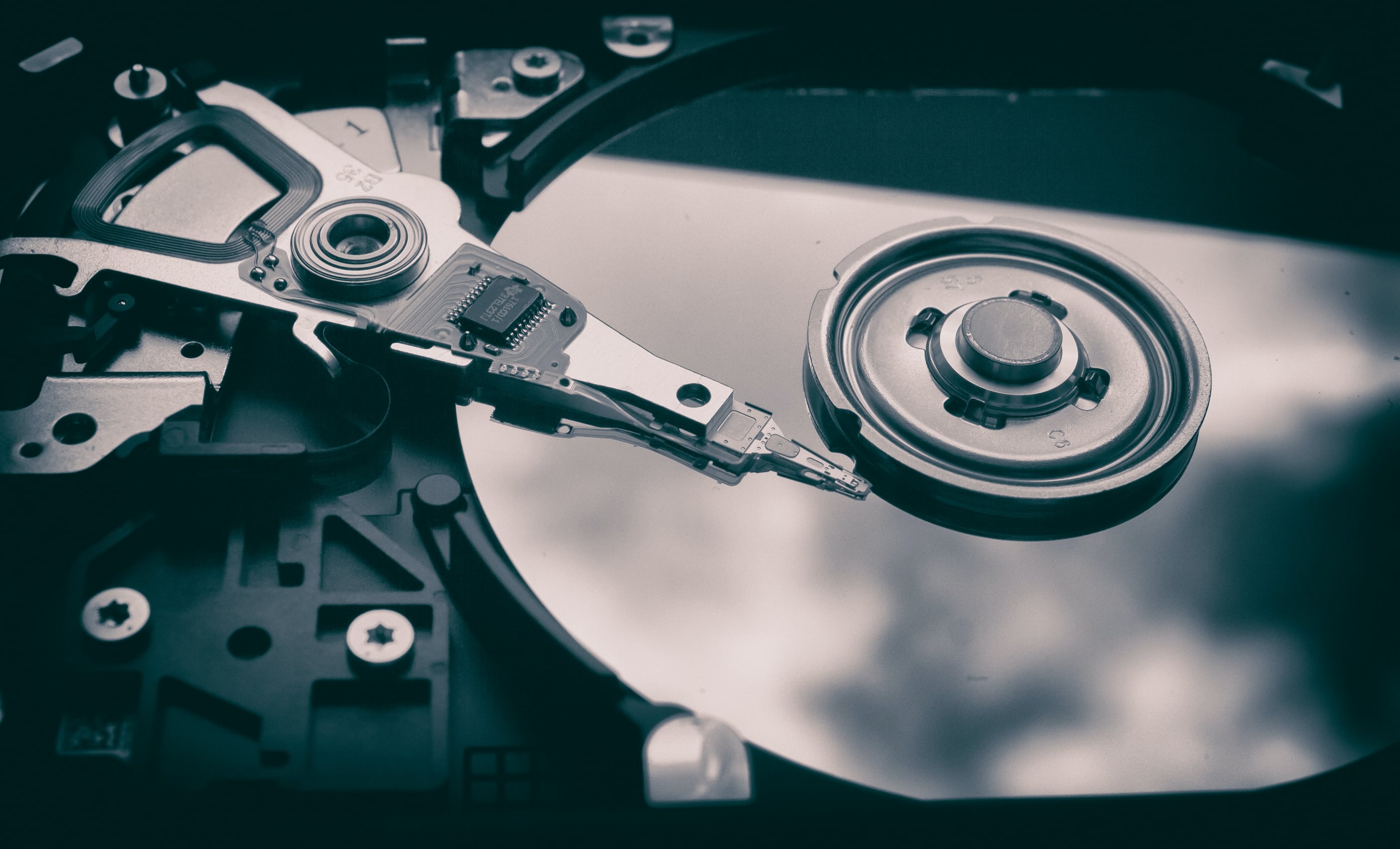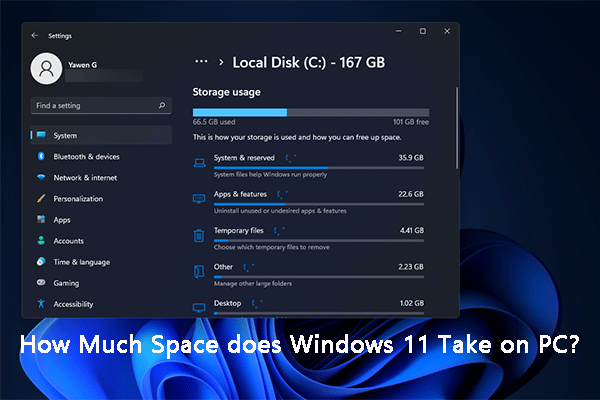Steve R.
Retired
- Local time
- Today, 09:32
- Joined
- Jul 5, 2006
- Messages
- 5,439

Microsoft wants to get rid of HDD boot drives by 2023
According to a report from analytics company Trendfocus (via Tom's Hardware), Microsoft is pushing those OEMs who use HDDs as the primary storage device in pre-built Windows...
 www.techspot.com
www.techspot.com
This seems like a no-brainer. I have often wondered, over the years, why no-one has proposed to use either a flash drives or an SD card located on the motherboard to boot solely the operating system of the computer. If there have been any such proposals, I have not heard of them.According to a report from analytics company Trendfocus (via Tom's Hardware), Microsoft is pushing those OEMs who use HDDs as the primary storage device in pre-built Windows 11 PCs to switch to SSDs. It's even set a deadline for when it wants the transition to take place: 2023.
Why so long to get around to this type of proposal?
Last edited:

